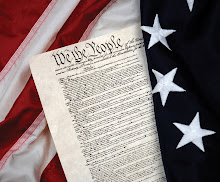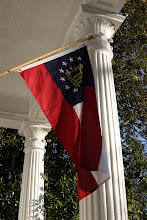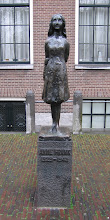Most people agree that public schools are a bundle of problems. Even public school proponents agree and use those problems to support their own agendas.
Aside from the on-going complaints about poor academic performance, grade inflation, and low expectations, there is also serious concern over such in-school issues as:
- violence
- physical and emotional bullying
- cheating and lying
- wide-spread immorality
- drugs and alcohol
- worldview conflicts
Of course, these problems are really symptoms of something deeper, but what is it? The unions claim it's a lack of funding. Schools often claim it's a lack of parental involvement. Parents feel unrepresented and sidelined. Social reformers blame poverty. Others point to poor teacher training, not enough (or too much) testing, lack of accountability, even societal factors such as television and music.
We might find these claims more credible if it weren't for the fact that so many private schools and home schools seem to avoid the problems of public schools, and they do it with less funding, often low incomes, less teacher training, and little to no accountability to the state.
What's the Difference?
This is important, because it will lead us to the real cause of our public school problems.
The difference is that public schools are controlled by the government and subject to all the ills of government bureaucracy and power. Private and home schools are run, in varying ways, by parents.
Private schools are dependent upon the satisfaction of parents in order to remain in business. They do not control the children in their care. Instead, families retain their authority and hire the schools for certain aspects of raising their children.
Government schools never sought the permission of parents to educate children. Instead, they used force to secure their audience. As is only natural, the arrogance of the state and its contempt for parents has grown with the years. So also has its power over society.
Parents give up their rights when their children cross the threshold of the public school door. This was recently made crystal clear by the Ninth Circuit Court of Appeals.
When a few parents in Palmdale, California learned that their children�s school had permitted researchers to interview first, third and fifth grade students about such things as sexual urges and fantasies, they became outraged and took the matter to court.
The Ninth Circuit Court of Appeals heard the case and concluded that when parents place their children in a public school, they forfeit any right to determine what or how their children are taught. The school may teach anything it wishes in any way it wishes. It may allow researchers, special interests, social activists, and anyone else it chooses access to students. The court's decision confirmed earlier court opinions.
Our society has become a slave to the state by virtue of government-controlled schools. Children suffer, parents feel helpless, and scores of good educators feel trapped in a system that never should have existed in the first place.
As long as schools remain in the stranglehold of state control, there is no type of reform or good-hearted group that can fix our education crisis.
Walter































No comments:
Post a Comment